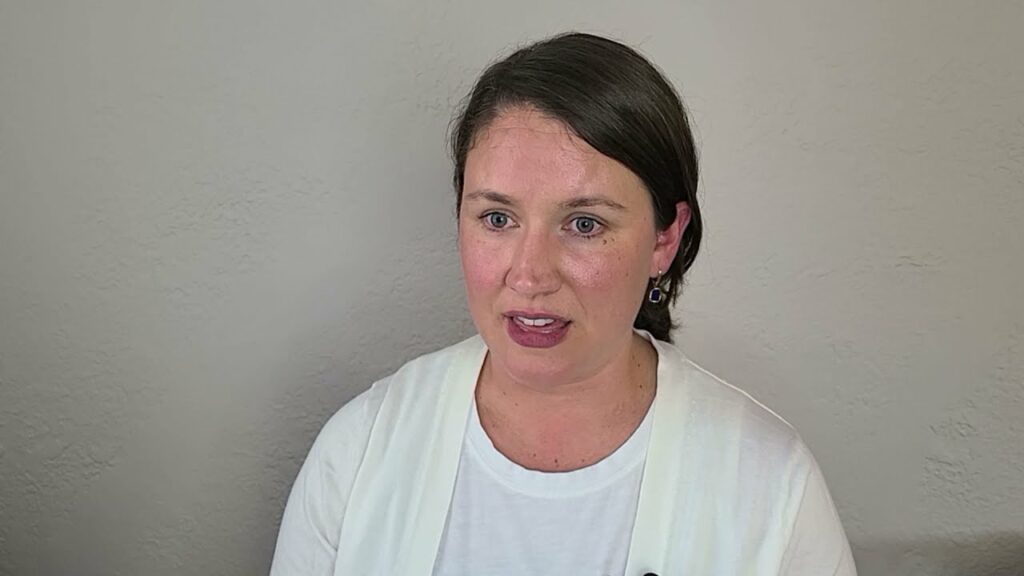Many parents feel alone, anxious, or disconnected from other people when they first learn about their child’s heart condition. This feeling can happen even years later when parents are caring for their child.
Online forums and groups provide CHD parents a way to connect and support one other through every stage of the care journey. This kind of support and mutual understanding is especially important after your child’s diagnosis and during their initial treatment.
Even well-meaning loved ones and medical professionals can struggle to understand the feelings and new realities you are facing. For many parents it is tremendously helpful to connect with other parents who have a child with CHD and share similar experiences.
You can learn what to expect from other parents who have already walked down the path you are starting. These parents can offer important insights about caring for your child – and remembering to care for yourself.
Hearing about the emotions and challenges that other parents overcame may help you feel less alone and more hopeful and encouraged. It’s critical for you to get the emotional support you need to stay strong on this care journey.

Support Groups at Your Hospital
Many children’s hospitals and heart centers have groups on social media that can be valuable resources for connecting with other families and learning about your child’s specific hospital. Your hospital may also have internal support groups or parent mentor programs. These programs may be in-person or online. You can contact your hospital’s social worker, child life specialist, or nurse coordinator to ask if they have peer support programs.
Support Groups on Social Media
On Facebook and other social media platforms there are many CHD parent groups. These groups are not formally organized by a hospital or organization, but they can provide similar support. They may be specific to a particular type of CHD or to a specific geographic area.
ONLINE RESOURCESSupport for Parents
These are some of the organizations that support CHD families with online groups and other resources to connect parents and caregivers. Several online groups will work to match you with a parent mentor.
Keeping Connected as Your Child Grows
Online and in-person hospital groups can continue to be a valuable source of support and connection as your child grows up. For many families they’re a helpful way to keep up with what’s happening at their child’s hospital after discharge. This can be particularly useful when your child may need surgeries or treatments later in life, or when you live far from your child’s hospital and receive ongoing treatment at a different hospital.
It’s common to see parents post in online groups months or even years after surgery if they want to reconnect with other families who were in the hospital at the same time. You can share concerns and celebrate accomplishment as your children grow. You can also ask questions in preparation for an upcoming surgery, treatment, or check-up.
PARENT TIPIs Social Media Helping or Hurting You?
Everyone has a different level of comfort with social media and online support groups. While many parents find them helpful, there are many others who are not comfortable communicating with people they don’t know. Some parents also find it distressing to hear about other children’s illnesses.
As you connect with online groups, take time to do a reality check. Notice if you are feeling a sense of community and comfort, or if you have more confusion, or increased fear and worry. It’s okay not to participate in online groups, or to take breaks from social media when you need to. This could mean that you stop reading other people’s stories or stop posting your own experiences.
FAQs
Austin French, Parent
Sarah Vega Grove, Parent
Alaina Kipps, Physician
Sarah Pekoc, Parent
Linda Pilkinton, Parent
Jodi Smith, Parent
Ellen Zemarkowitz, Social Worker
See the full list of contributors to the CHD Care Compass
Last Update: November 2, 2021